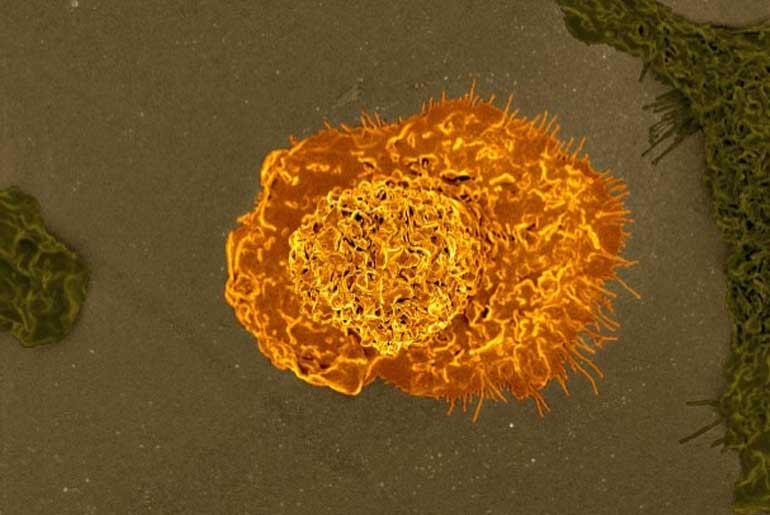The research team from Washington University in St. Louis, led by Drs. Antoine Drieu and Jonathan Kipnis, has been studying parenchymal border macrophages (PBMs), a key type of immune cell in the brain that interacts with cerebrospinal fluid. Their study, published in Nature on November 9, 2022, focused on understanding the role of PBMs in regulating cerebrospinal fluid flow and waste removal in the brain.
Using fluorescent tracers in mice, the researchers found that PBMs are closely associated with cerebrospinal fluid flow, and they identified different types of PBMs, including one that acts as a waste scavenger. When the team depleted PBMs in mice using a drug, cerebrospinal fluid flow was significantly reduced, leading to an accumulation of proteins associated with Alzheimer’s disease.
Further investigation revealed that the loss of PBMs in the brain also led to a decrease in the activity of enzymes called MMPs, resulting in the buildup of extracellular matrix along vessels and capillaries. This excess extracellular matrix stiffened the vessels, impeding fluid flow.
Comparing young and aged mice, the researchers found that aged mice had fewer scavenger PBMs and a greater accumulation of extracellular matrix in the brain. However, when aged mice were injected with a substance that activated PBMs, MMP enzyme levels increased, fluid flow improved, and the amount of extracellular matrix decreased.
Additionally, in a mouse model of Alzheimer’s, depleting PBMs led to an increased development of amyloid beta plaques, a hallmark of the disease.
Lastly, the team examined PBMs from the brains of people with an inherited form of Alzheimer’s and found changes in gene expression that indicated decreased function compared to unaffected family members.
These findings suggest that PBMs play a crucial role in regulating cerebrospinal fluid flow and waste removal in the brain. As their function declines with age, there is an increased risk of toxic compounds building up, which may contribute to neurodegenerative diseases like Alzheimer’s. Understanding and targeting the role of PBMs could potentially offer new avenues for therapies to mitigate the impact of age-related brain diseases.
“Cerebrospinal fluid flow is impaired in numerous neurodegenerative diseases, such as Alzheimer’s, stroke, Parkinson’s, and multiple sclerosis,” Drieu states. “If we can restore fluid flow through the brain just by boosting these macrophages, maybe we can slow the progression of these diseases.” More work in animal models will be needed before such an approach could be tested in people.
Disclaimer:
The information contained in this article is for educational and informational purposes only and is not intended as a health advice. We would ask you to consult a qualified professional or medical expert to gain additional knowledge before you choose to consume any product or perform any exercise.








